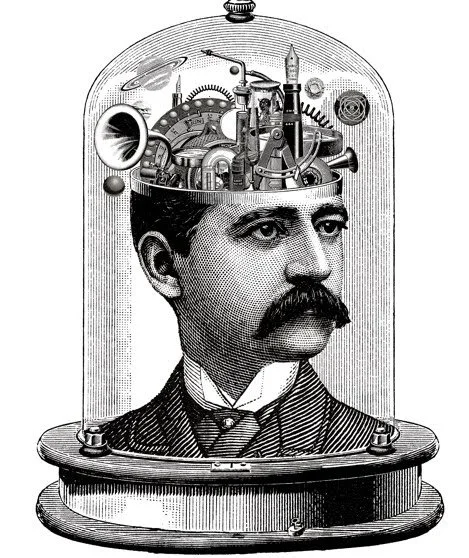Involuntary autobiographical cognitions or ‘aha moments’, sometimes called ‘mind pops’ or ‘madeline moments’, are thoughts, memories, or images that originate in the subconscious and come into conscious awareness in the absence of an intentional effort to create them.
Unlike voluntary problem solving or memory where we are trying to figure something out or remember something, ‘aha moments’ are seemingly random involuntary brain activity that present us with a solution to a problem we had been unable to resolve consciously.
At times they are quite nice, evoking pleasant memories or welcome insights. They can also be intrusively negative and traumatic in nature. Extensive research has been conducted in intrusive thoughts, traumatic memories and flashbacks.
Rather than simply hoping the brain might present a client with an “aha moment” or we could successfully process an issue to resolution, I discovered a way to invite the brain to involuntarily solve a problem a client had been unable to understand.
Autonomic Homeostasis Activation - Problem Solving (AHA-PS) allows the brain to engage in cognitive homeostasis, building on the somatic homeostasis of AHA.




